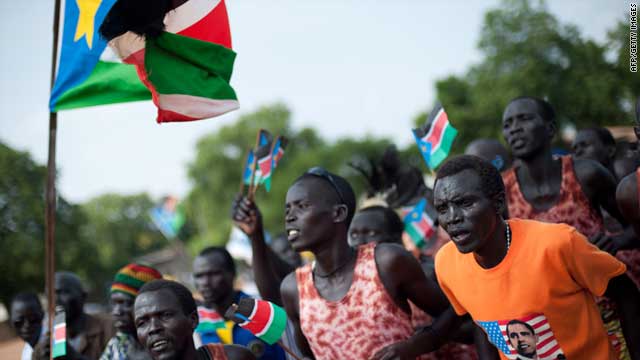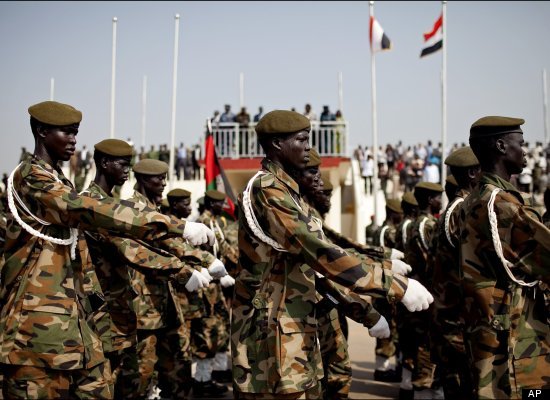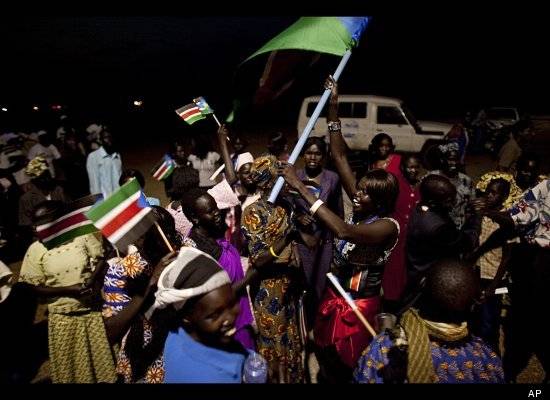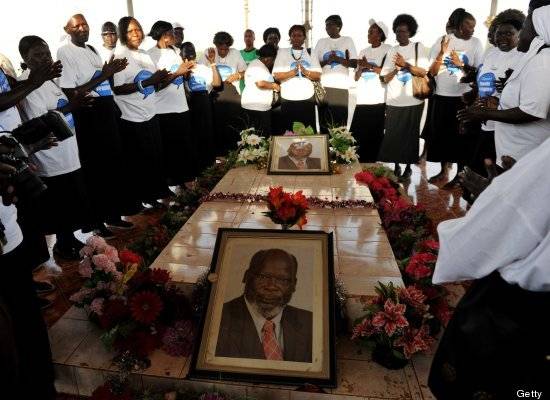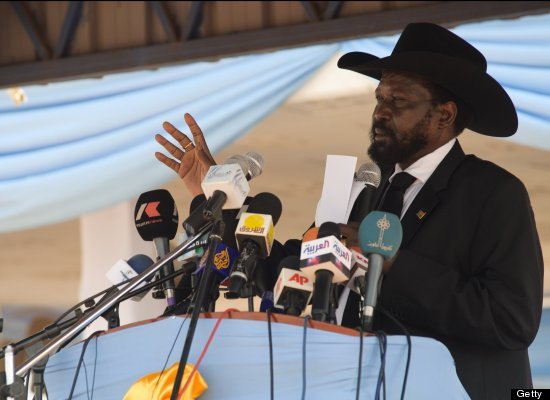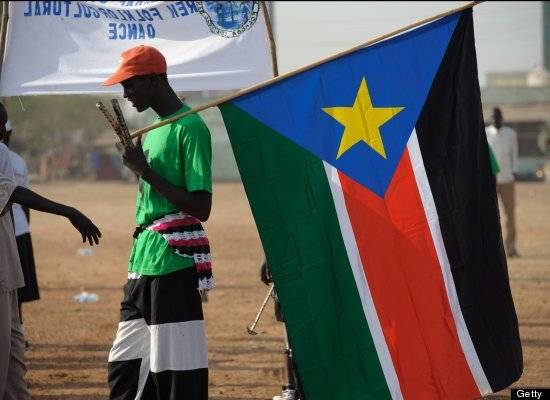The verdict, it seems, is already in. Many are already calling South Sudan, which will become the world's 193rd nation on July 9, a soon-to-be failed state. Indeed, the prognosis is grim: as its secession from Sudan has drawn near, nearly 2000 people in the south have been killed in inter-militia fighting. Hundreds more are dead after a month-long campaign by Sudanese President Omar Hassan al-Bashir to clear South Kordofan, a disputed state in the north, of rebels who fought with the south for independence.
The development challenges of the new nation are also daunting, to say the least. As United Nations General Ban Ki-Moon wrote in a July 8 editorial in the International Herald Tribune, On the day of its birth, South Sudan will rank near the bottom of all recognized human development indices. The statistics are truly humbling.
There is a big job to be done in the shiny new Republic, and thousands of miles away on the other side of the planet, the recent history of a much different nation may offer some guidance in how to do it. In 2002, East Timor became Nation No. 191 (Montenegro is 192). It faced similar predictions of failure as it prepared to secede from the massive and powerful state of Indonesia. Like South Sudan, after decades of unrest, residents had voted overwhelmingly for independence. And like South Sudan, nobody thought they could pull it off.
Yet today East Timor while certainly not without problems is a functioning state that has successfully held democratic elections, maintained a healthy opposition in the process, and avoided the resource curse to manage its vast oil revenues with reasonable success. It proves that most of the skeptics were wrong, says Geoffrey Robinson, a professor at UCLA who worked as a U.N. adviser in East Timor in 1999 in the run-up to independence. All of the pundits said it will never work, [saying] It's too poor. It's too small. There's no infrastructure.' Things you would have read about colonized countries in the 1940s.
The first ten years of East Timor's independence, of course, have not been perfect. But there are a few important pointers that South Sudan can take away from East Timor's decade of failures and successes. Robinson, who also authored the book If You Leave Us Here, We Will Die: How Genocide Was Stopped in East Timor, outlined a few lessons that South Sudan might glean from its predecessor for TIME.
Don't underestimate the legacy of violence.
In places where violence has ruled people's lives for decades, abrupt peace can become a vacuum that sometimes fills back up with more violence. People who have been involved in long term violence don't simply stop it once one side goes away, says Robinson. People learn violence.
Like South Sudan, where two million people died in the north and south during two civil wars spanning decades, East Timor was born out of death. In 1975, Indonesia invaded the then-Portuguese colony, and subsequently over 100,000 East Timorese were killed in a genocidal counterinsurgency aimed at rooting out independence-minded political factions and their supporters. In 1999, after the Indonesian dictator Suharto stepped down and a new government in Jakarta allowed East Timor to cast a vote on its future, the population was again subjected to violence at the hands of the Indonesian military and Jakarta-backed militias leading up to and after the referendum.



